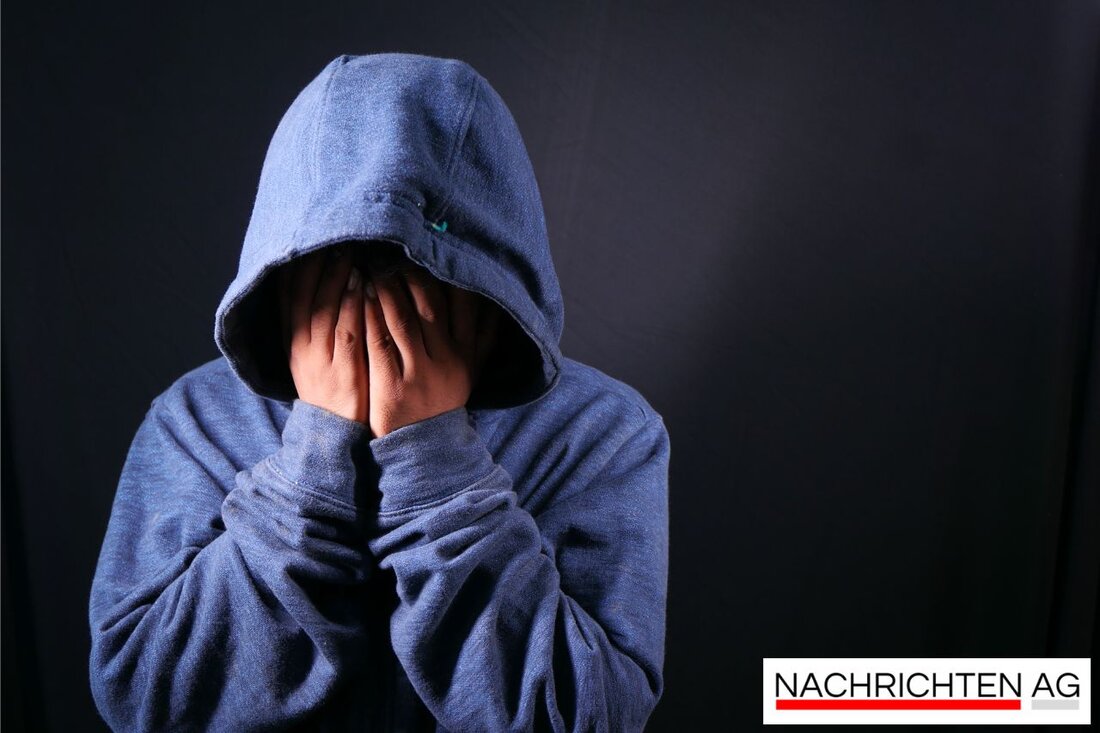Future of the Hohenstücken park district in danger: investor withdraws!
Brandenburg an der Havel: New housing project in danger, memory of Jewish family, new bicycle parking spaces and search for US soldiers.

Future of the Hohenstücken park district in danger: investor withdraws!
Things are currently simmering in Brandenburg an der Havel because the planned residential project in the Hohenstücken park district is on the brink. The Groth Group, which was on board as an investor and wanted to build 120 condominiums and 120 terraced houses, is now withdrawing due to unfavorable market conditions. This is a huge setback for the city, which urgently needs new housing after numerous unrentable neighborhoods were demolished. Mayor Scheller has already considered discussions with the Groth Group and other large housing companies to find alternative solutions. A good hand is required here, because the housing shortage is an urgent problem that needs to be solved.
Another topic that moves the city is the memory of the Jewish Schwarz family, who were expelled from Brandenburg an der Havel in 1938. On September 10, 2025, five stumbling blocks will be laid at Ritterstrasse 92 to commemorate the fate of the family. Descendants of the family from Israel and the USA will help shape this important moment. Stumbling blocks are more than just stones in the sidewalk; They commemorate those persecuted by National Socialism who were deported and murdered. In total there are around 1,300 such memorials in Brandenburg. The first Stolpersteine were created in 1992 by the artist Gunter Demnig and are now spread around the world, with over 80,000 copies reminiscent of the unspeakable crimes of the past. According to the website that provides information about the Stolpersteine in Brandenburg, the stones are made by hand and bear the names and dates of life of the persecuted.
Bicycle parking and bat protection
While there is a lot of movement in the social and historical areas, the city is also planning practical steps to improve everyday life. 72 new bicycle parking spaces in public places are on the agenda for this year. For this purpose, the city invests around 30,000 euros annually in new bicycle parking facilities. The main station poses a particular challenge, as there are already hundreds of parking spaces missing. Cycling is very popular and the city is committed to improving it.
Another interesting chapter takes place in the art gallery, where there is a bat problem. The animals have settled in the roof structure, which affects the use of the art gallery due to droppings and a damp climate. Since the bats are protected species, a bat tower is now being built next to the art gallery, which will offer the winged nocturnal creatures a new home. This means that both the art gallery and the environment can benefit.
Coming to terms with the past and searching for missing soldiers
Another topic of considerable importance is the search for missing US soldiers from the Second World War. The US Department of Defense has commissioned the Defense POW/MIA Accounting Agency (DPAA) to search in West Havelland. Over 2,000 US soldiers are still missing. The excavations will continue until September, and the families of the missing will only be informed if the identity of the soldiers found is 99 percent certain. This is an attempt to look history in the eye and come to terms with the past.
The city of Brandenburg an der Havel is in the midst of a phase of change and reflection. Historical memories are honored while solutions to current challenges are sought. An exciting interplay of past and present that will shape the city community in the coming months.

 Suche
Suche
 Mein Konto
Mein Konto